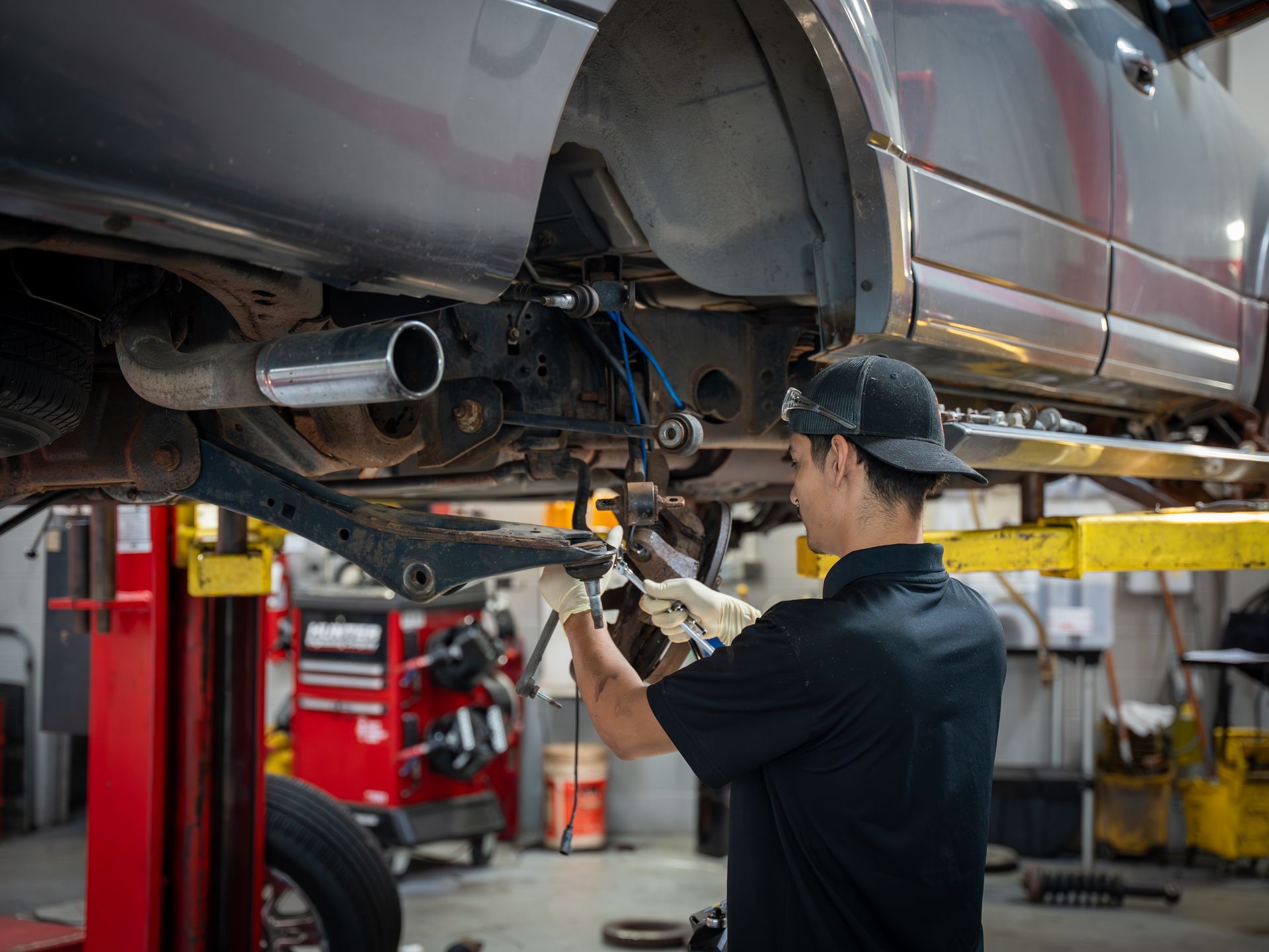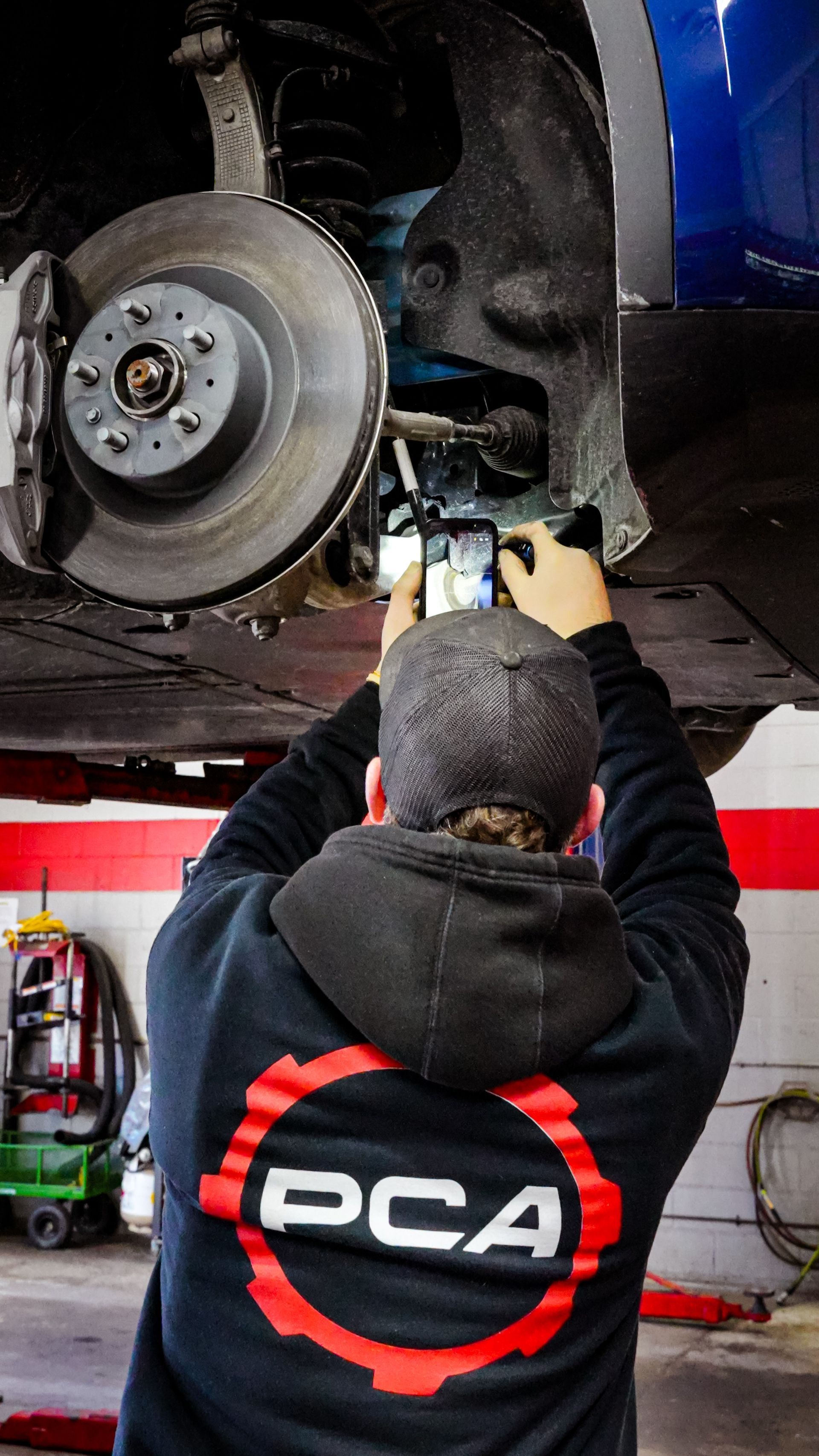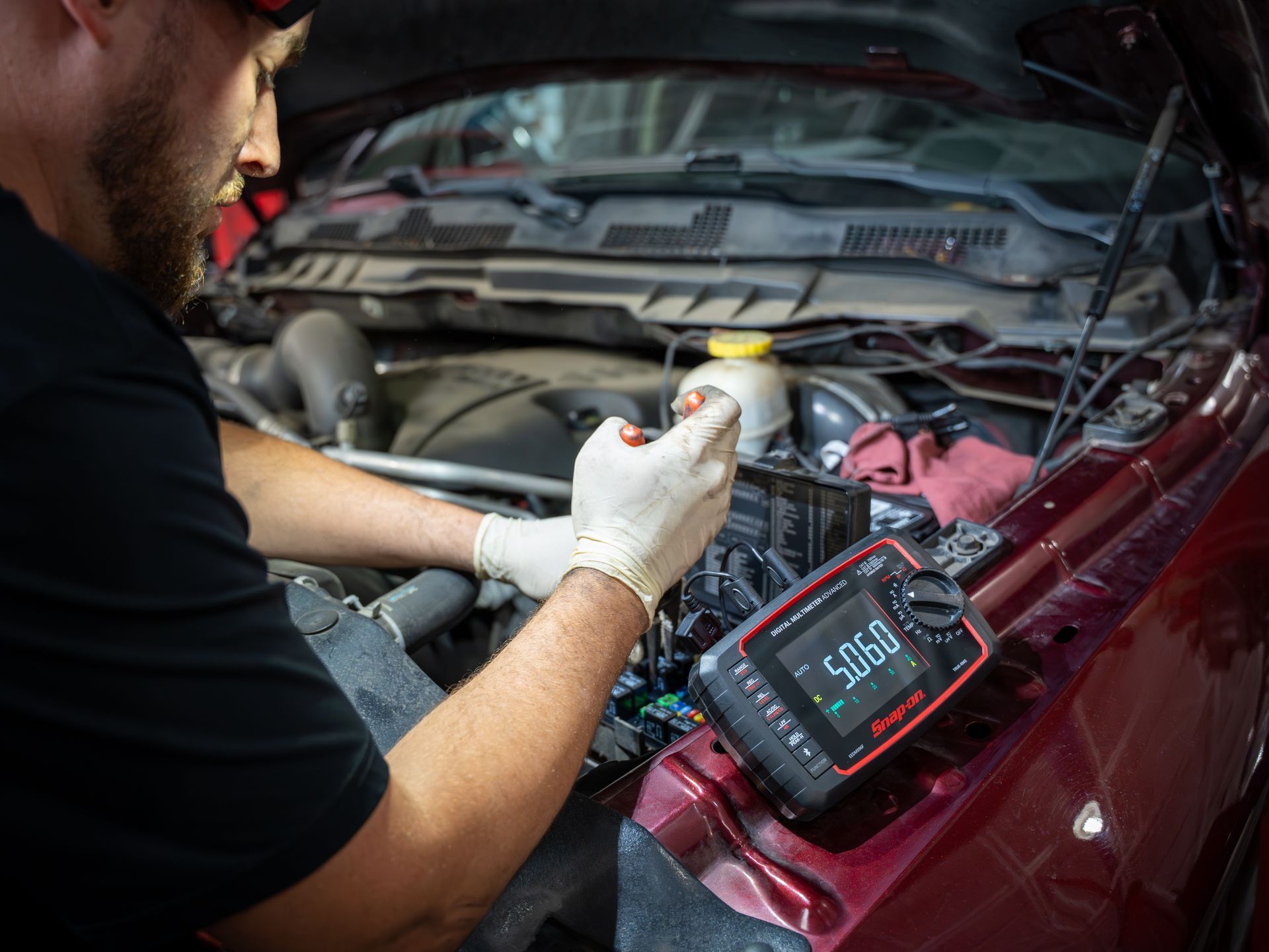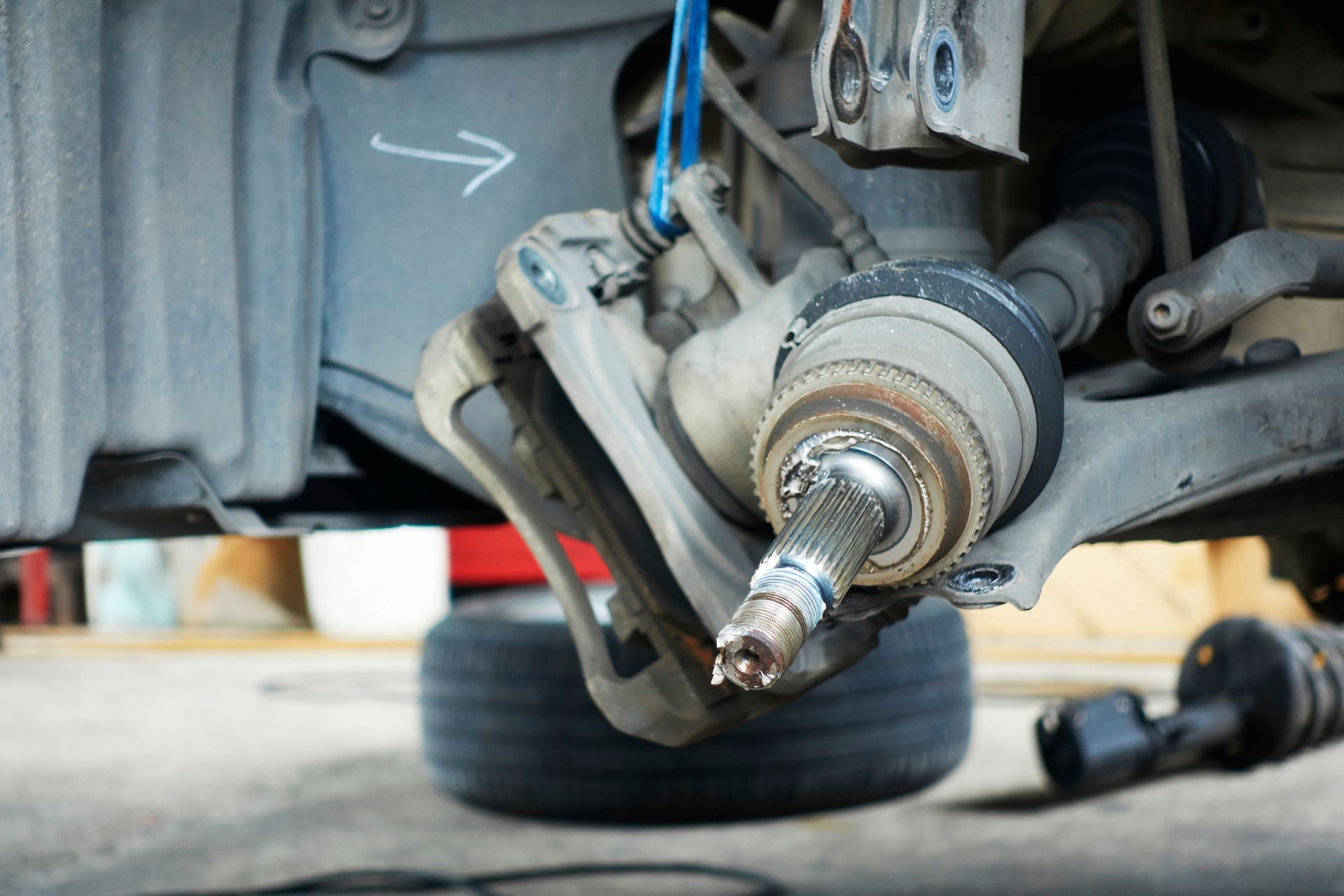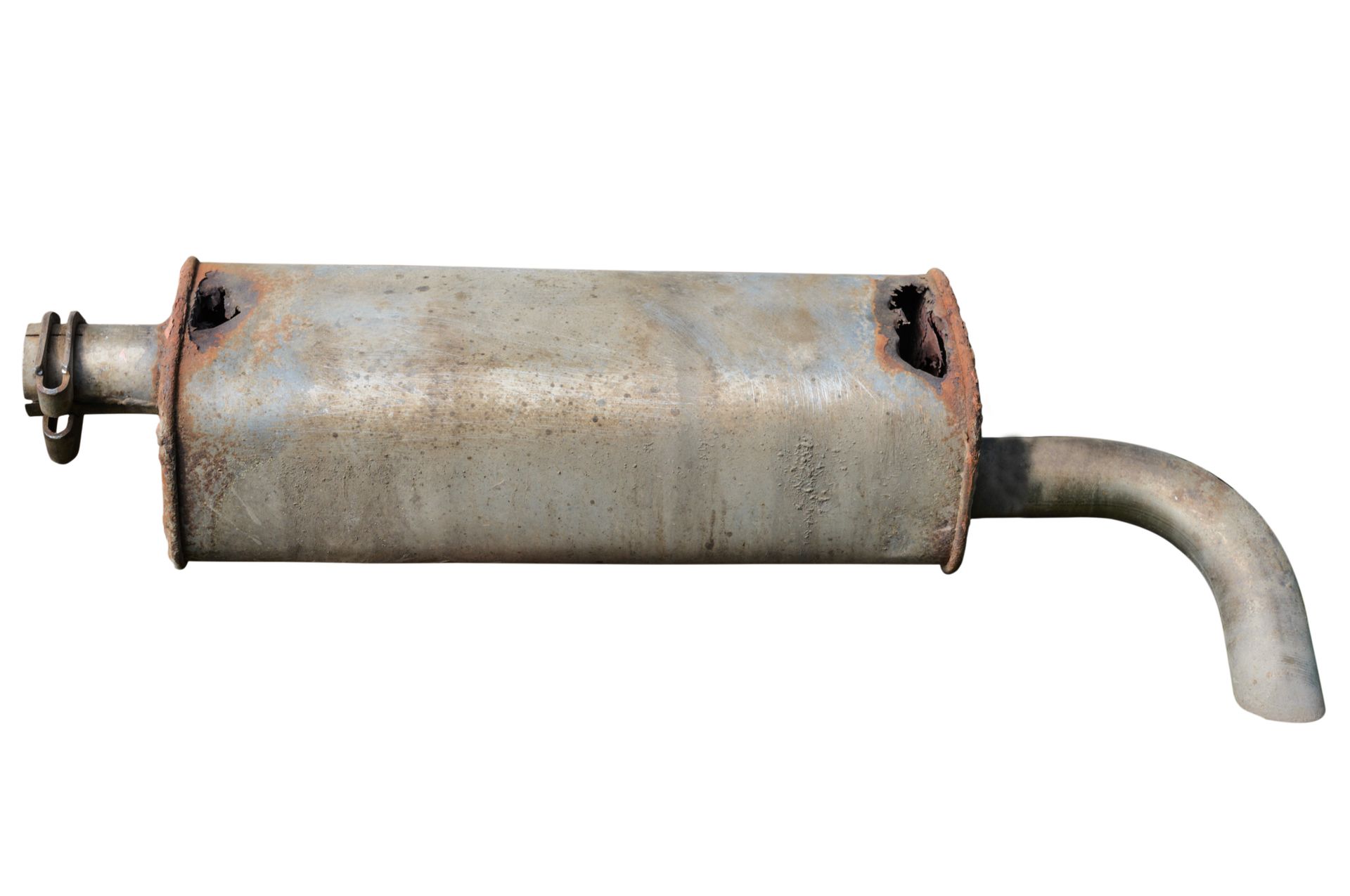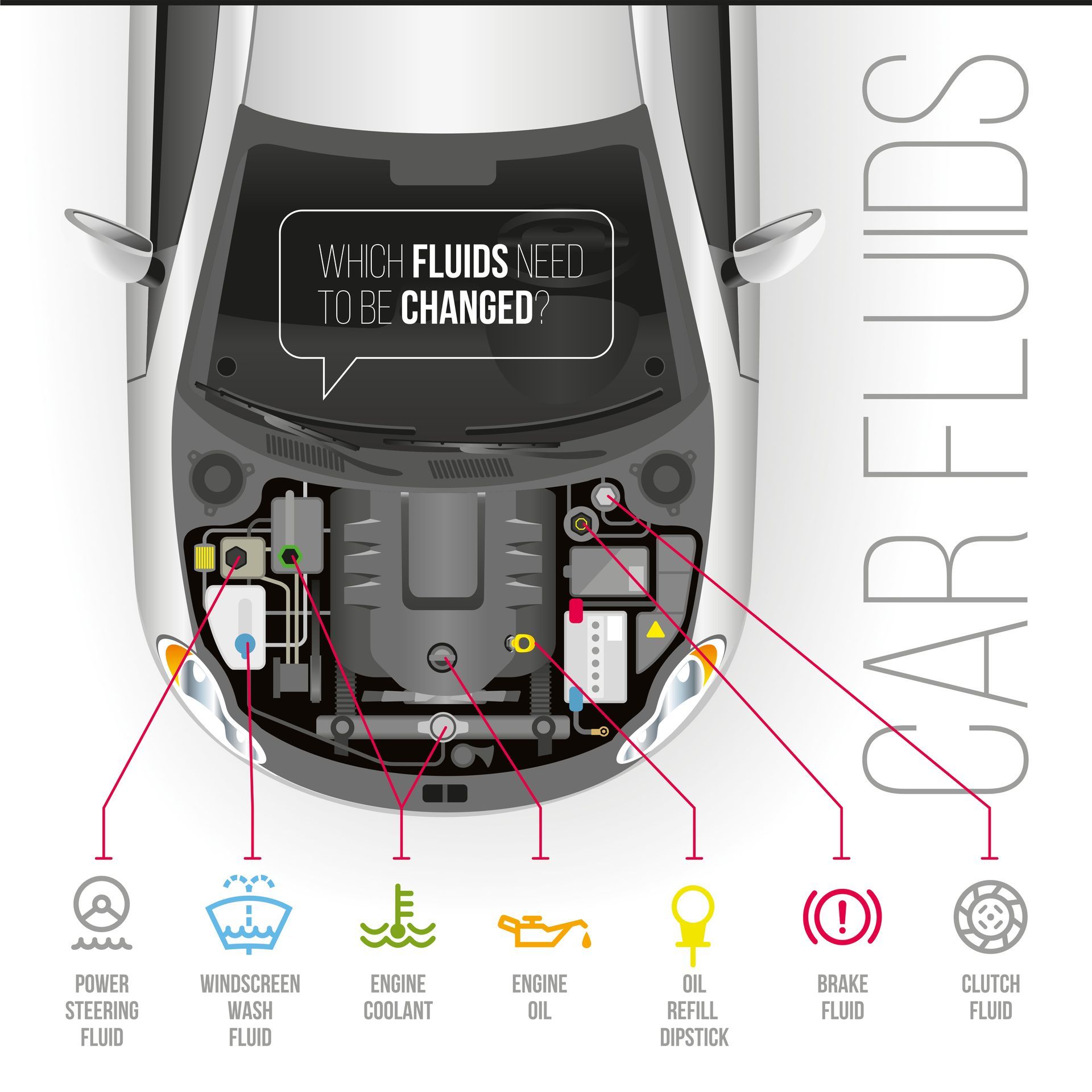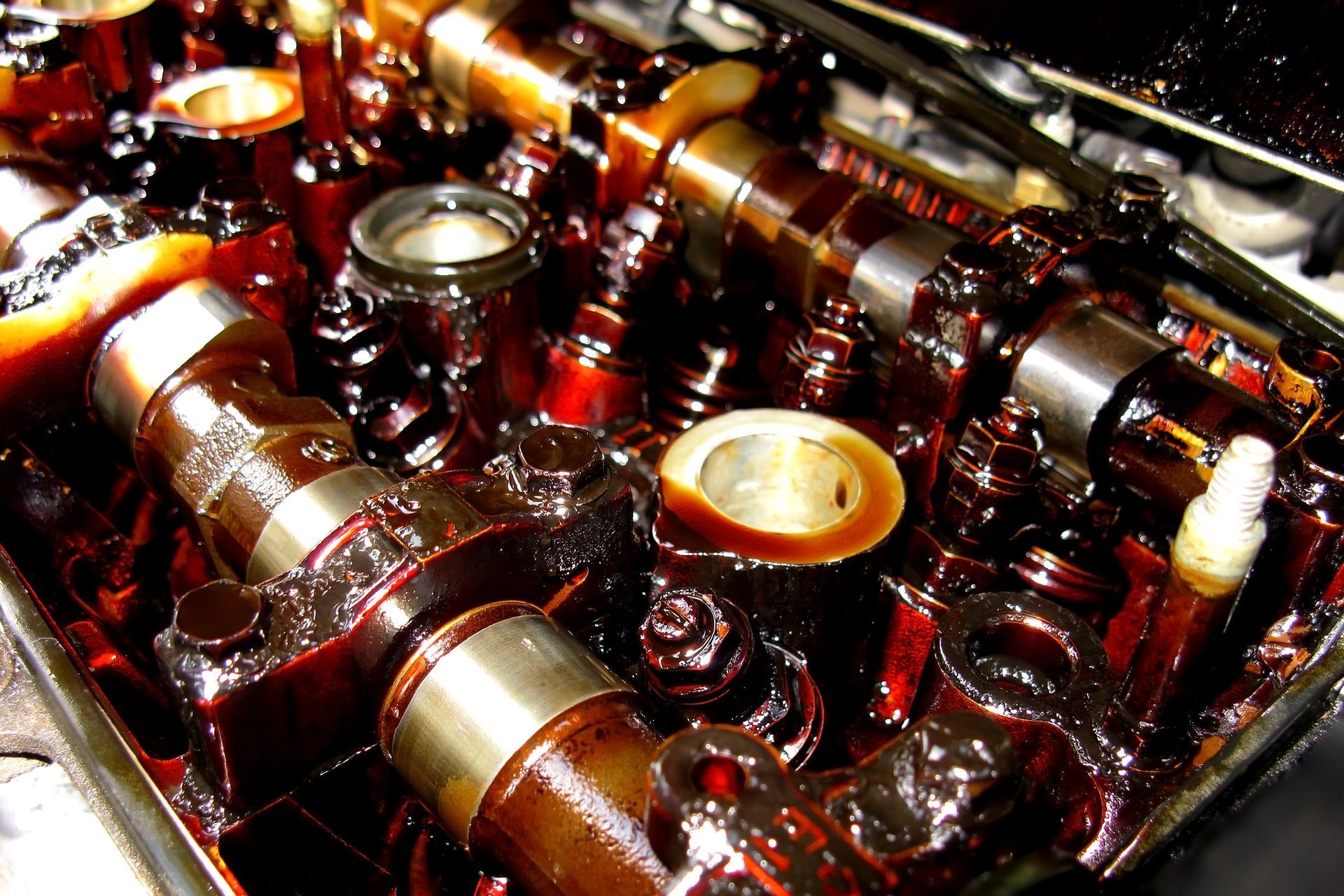Car manufacturers never stop talking about how oil changes are necessary for the long-term functionality of their vehicles, but not many explain why. It turns out that there are indeed very good reasons that cars need regular oil changes even when they relatively new.
The most important reason oil changes are needed is because oil becomes contaminated as it is used. Microscopic metal pieces break off of the pistons and other engine parts, and eventually, they accumulate enough to overwhelm the oil filter’s ability to remove them. Once this happens, the abrasive bits keep circulating through the oil and negate its ability to lubricate the engine.
Another reason new oil is regularly needed is because the heat and friction generated by the engine breaks down the oil’s viscosity. This makes it lose lubricating power, and eventually, the old oil won’t be able to provide much of a benefit to the engine. The engine will therefore run hotter and its parts will wear out much more quickly.
When the engine parts wear out, of course, it causes the machine to fail. At first it will run roughly, but eventually, it’ll seize up.
The reasons for needing oil changes are clear, it’s time to tackle the question of how often they need to be done. The “safe” recommendation is to get an oil change once every 3,000 miles or 3 months, whichever comes sooner. Some auto manufacturers, however, recommend a slightly more relaxed schedule of once every 5,000 miles or 5 months.
Another question many people have about oil changes is whether they should get synthetic oil. Synthetic oil can last up to three times longer than the regular kind, but it also costs more to use. It’s also thinner than conventional oil, and this can make the engine perform more efficiently. Still, it is said that most people will find that its primary advantage is the extended milage your get before you need to change the oil again. Those who often forget to have their oil changed on time can therefore benefit from investing in the synthetic version.
Recommendations like these, however, are general guidelines. Most people are safe sticking to the 3,000 or 5,000-mile interval as long as they don’t forget to get the job done. Still, there are exceptions to these rules. Cars that are used for commercial driving or that are used in dusty conditions like farm fields, for example, need more-frequent oil changes. To learn more about oil change scheduling, just contact us . We’ll discuss your car’s normal operating conditions with you and recommend the best maintenance schedule for your vehicle.

